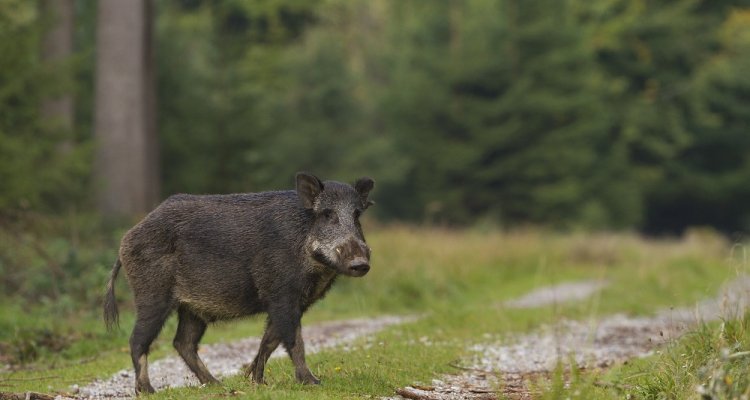
Project
VACDIVA
The VACDIVA project aims to develop an effective vaccine against African Swine Fever (ASF). The vaccine would solve the current problem in Europe and the countries affected by the disease.
The VACDIVA project has been financed with 10 million euros by the European Union (EU). The project will run for 4 years. The University of Madrid is project leader.
Stopping the spread of the disease
No vaccine is currently available against African Swine Fever and recent incursions in Europe and Asia are jeopardizing the pig industry worldwide. Control of ASF is based on early diagnosis and the implementation of strict sanitary measures. However, measures taken by affected countries have not been sufficient to stop spread.
VACDIVA will provide:
- Three safe and effective pilot vaccines for wild boar and domestic pigs ready for registration
- Validated companion DIVA tests
- Cost-benefit and effective surveillance and control-vaccination strategies, with field trials in Lithuania and Kenia
Two world leader companies in vaccine production and ASF diagnostic kits will provide production of the new vaccines and DIVA tests. Epidemiological modelling of worldwide scenarios will be offered in a portfolio of services to help animal health authorities control and eradicate the disease. This project will provide policy makers valuable decision support tools to better prevent and control ASF.
Modeling the spread
Wageningen Bioveterinary Research (WBVR) will focus on modeling the spread of African Swine Fever in and between populations of domestic pigs and wild boars, in order to be able to analyze what the most effective vaccination strategies are. We can use this to show the influence of vaccination (degree of coverage, methods of application, types of animals) on the limitation of the spread and the eradication of the disease.
Involved partners
VACDIVA has experts involved of two world ASF Reference Laboratories (OIE and FAO), the EU reference laboratory (EURL), six EU national Reference Laboratories and four prestigious ASF research institutions. The project is leaded by the University of Madrid.